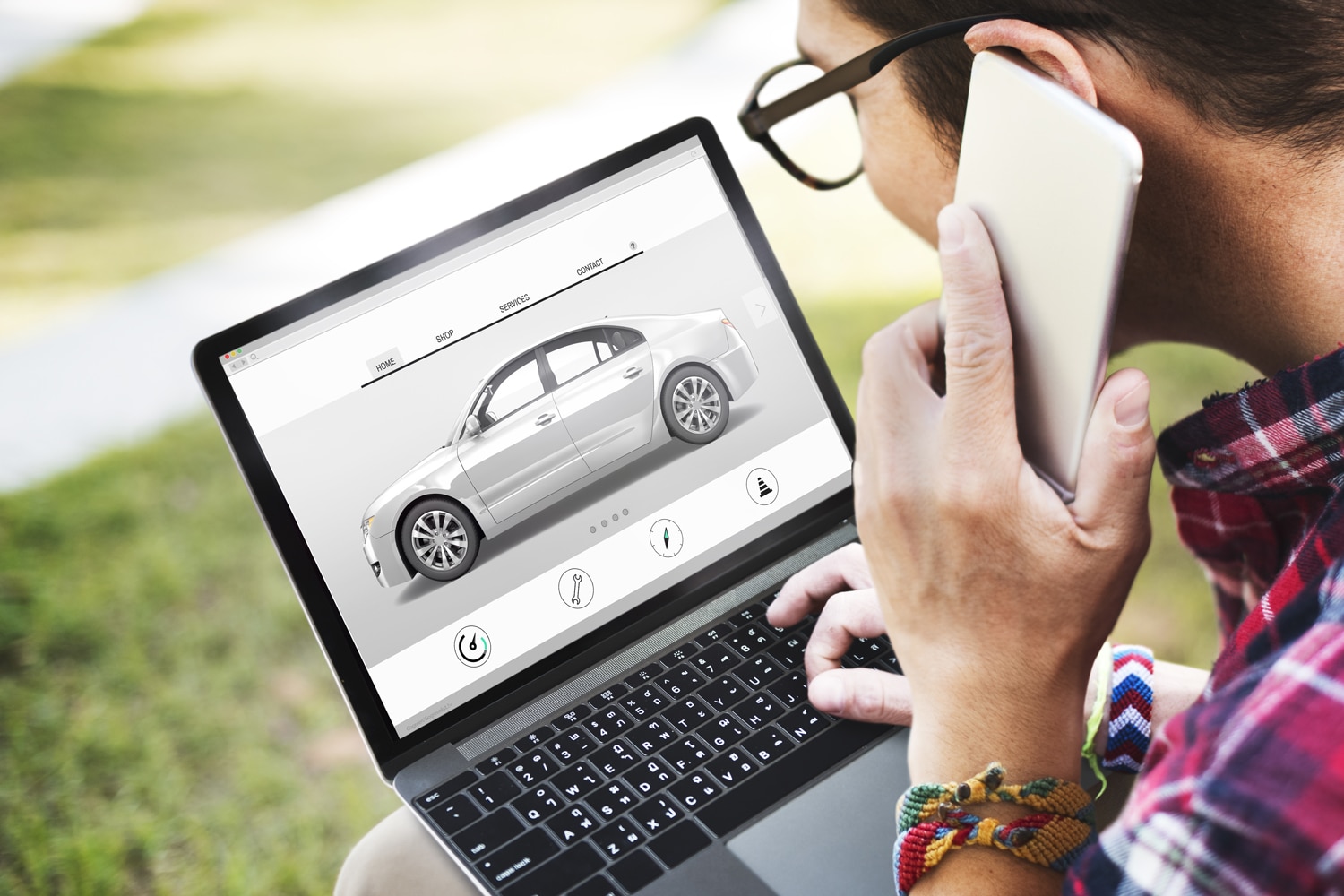How to Buy a Car With a Lien
Learn how to protect yourself when purchasing a car with a lien from a private seller.
 Shutterstock
Shutterstock
Article Quick Takes
Buying a used car from a private seller can sometimes be a way to get a good deal. Of course, there are risks with this type of auto purchase too, and things could go wrong.
For used car buyers, it's important to understand how to buy a car with a lien if you're interested in a vehicle but the seller still owes money to a lender. By taking some precautions, it's possible to protect yourself while buying a car with an outstanding lien.
What Does It Mean When There's a Lien on a Vehicle?
Buying a new or used vehicle is typically a big investment. Many people need to take out a car loan to be able to afford the purchase. The average used vehicle loan in Q3 2021 was $26,230 according to Experian, with an average monthly payment of $471.
It can take years to pay off a vehicle loan, so when you buy a car with financing, the lender will place a lien on the vehicle to protect its investment. A lien gives the lender the ability to repossess the vehicle in the event the borrower is unable to repay the loan as promised. The lender (or lienholder) is technically the owner of the vehicle until the final payment. After receiving the final loan payment, the lender releases its lien on the vehicle and removes its name from the title.
Before you buy a car from a private seller, it's important to conduct a search to see if there are any liens attached to it. Searching for an outstanding lien should be an easy two-part process:
- Ask the seller for the vehicle identification number (VIN).
- Visit your local Department of Motor Vehicles (DMV) or search online DMV records in your state (if available) to find the name of the titleholder.
You may also want to consider buying a vehicle report from a third-party service. Vehicle reports can supply you with important information about the car you're considering, along with details about any liens associated with the car.
Reasons Why a Used Vehicle May Have a Lien During a Sale
If you discover that a used vehicle you wish to purchase has a lien attached to it, there are a few possible reasons why this might be the case.
First, it's possible that the seller did pay off the loan, but the lender or bank failed to send in the proper paperwork to the DMV to release the lien. In this situation, it's best to have the seller go through the process of requesting a lien release before you exchange any funds to buy the car. The seller can fill out some paperwork and provide the DMV with proof that they paid off the loan in full. You'll typically need the lien to be released to register the vehicle in your name after the purchase.
Another potential reason why a lien might be attached to a vehicle you want to purchase is that the seller may still owe an outstanding loan balance. This situation is more complex, but it's still possible to navigate if you are determined to purchase the vehicle in question. In fact, due to the complicated nature of buying a car where the seller still owes a loan balance, you might be able to negotiate a better deal.
Of course, if you discover that a lien is present on a used vehicle you want to buy and the seller didn't disclose that fact to you, it could be a sign of a scam. Additionally, if you buy a vehicle when a lender still has an active lien and holds the title, the lender could repossess that car in spite of any money you pay to someone else.
Buying a Car with a Lien
If you want to buy a vehicle that a seller still owes money on, the safest bet may be to pay off the lender directly to satisfy the outstanding loan balance. Then you can pay the remaining portion of the sales price to the seller. The key benefit of this approach is that it should ensure the release of the lien and title on the vehicle you wish to buy.
If the buyer refuses to accept this type of arrangement when an outstanding lien is still in place, proceed with caution. It could be a red flag that someone is trying to scam you. Knowing how to buy a car with a lien the right way is essential to protecting your investment.



